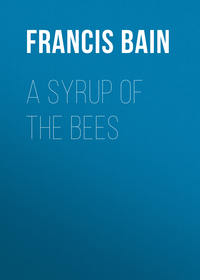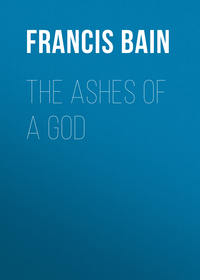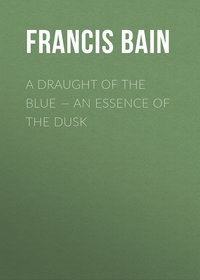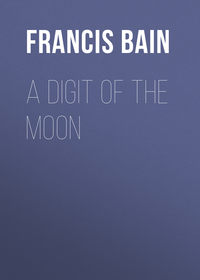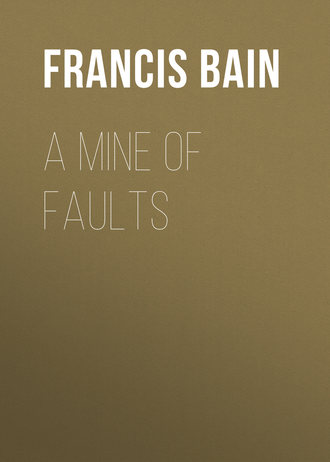 полная версия
полная версияA Mine of Faults
23
There is no English equivalent for this term. A guru is the spiritual guide of the Hindoo family: a kind of father confessor.
24
A woman who goes to meet her lover of her own accord.
25
The deception of Yogeshwara was all the more likely to deceive the King, in that it was based on Hindoo traditional maxims. Manu says: [vii. 147] "Let the King, for secret council, ascend to a mountain-top, or a lofty terrace, or repair to some lone wood, where there are not even any talking birds."
26
Manmatha: the God of Love, the Churner of the Soul.
27
The God of the Wind.
28
i. e., Love.
29
i. e., Love.
30
i. e., they all lack Maheshwara's third eye, which consumed Love's body with a fiery glance, when the audacious little deity dared to inspire the Great God himself with passion for Párwatí as she stood before him.
31
The English reader should bear in mind, that, in Sanskrit, recollection and love are often, as here, denoted by the same word.
32
Nothing in India is so delightful as the grace with which the women, even the oldest and the ugliest, handle that part of their garment that serves them for a veil. It is an everlasting beauty to see them, as they walk along the street, quietly drawing it around them: a thing lost among us altogether, like its motive.
33
There is a play on the word, which means also a woman.
34
This is the swayamwara, or self-choice of a bridegroom, everywhere exemplified in old Hindoo tales.
35
This is substantially a quotation from Manu: only it is not the Guru, but the Guru's wife, whom the pupil is there forbidden to approach. The princess plays upon the sex.
36
In the swayamwara ceremony, the mark of selection was the placing of a garland around the successful wooer's neck, by the hands of the bride herself.
37
A species of Arisæma, which we call "cobra-lily," and the natives, snake-root. Though there are many flowers intrinsically more beautiful, I do not know one more quaintly original, than this: shooting up, in dark wet woods, by roots of trees, old walls, or among dead leaves, pure and white and lonely and strangely suggestive of some wild individuality, silently symbolical of old sweet stories of Naiads and Dryads and Russian Rusalkas and Heine Loreleis.
38
(Pronounce yuga and kalpa as monosyllables, to rhyme with fugue and pulp.) A yuga is, as we should say, a geological Age: a kalpa, a whole series of such ages.
39
The upahára sandhi, or alliance produced by a gift from one of the contracting parties, is, according to Wishnusharma, of the fourteen different kinds of alliance, the best. I have selected Cordial Understanding as its nearest equivalent.
40
Abhimánika is a piece of profound psychology, utterly beyond translation. It means the intense self-gratification, or egoistic pride felt by either lover, conscious of monopolising the other's love, in being that other's adequate and reciprocal opposite and satisfaction: the strange and sweet emotion, half bashful, half triumphant; that seethes and bubbles in a young man's soul, when first a woman falls in love with him.


